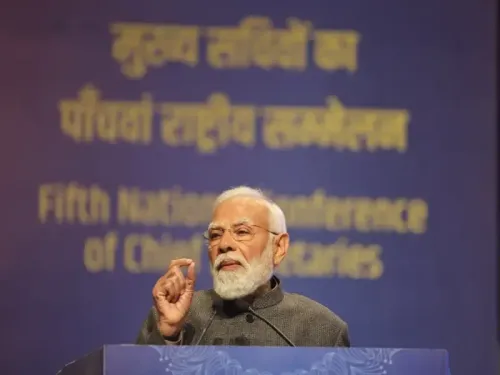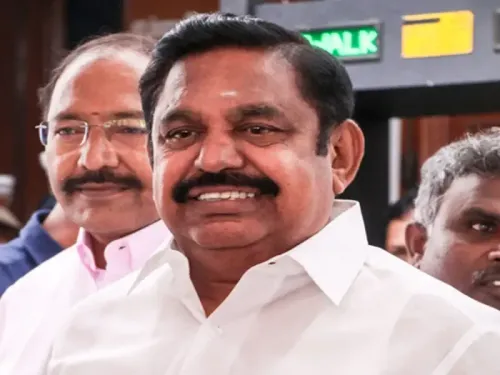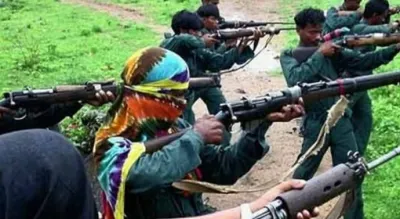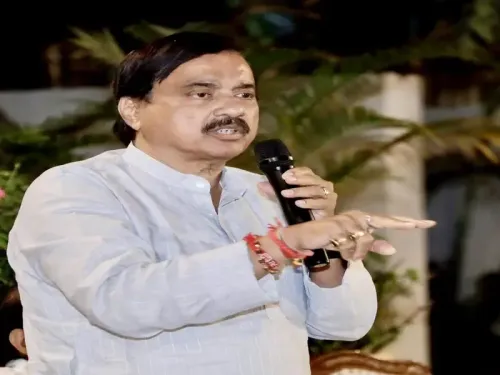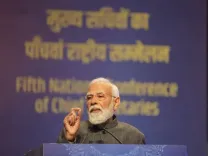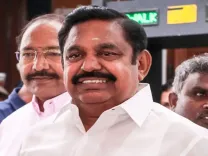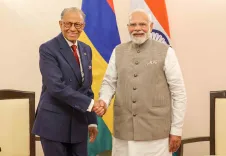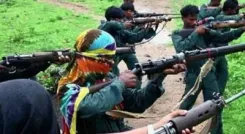Is the Emergency the 'Darkest Chapter' of Indian History?
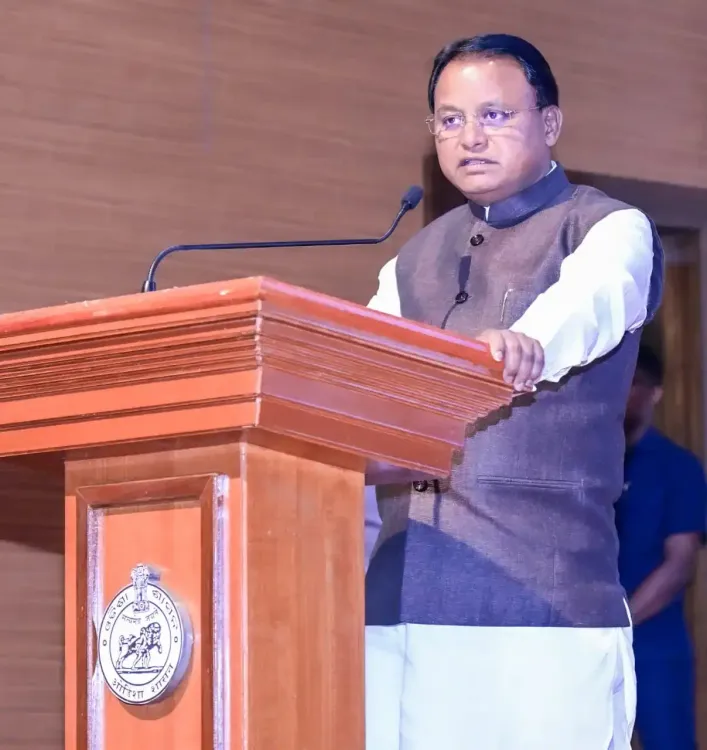
Synopsis
Key Takeaways
- Mohan Charan Majhi labels the Emergency as India's darkest chapter.
- Event commemorated the 50th anniversary of the Emergency.
- Focus on raising awareness against dictatorial governance.
- Plans for a nationwide campaign to educate new generations.
- Commitment to honor democracy defenders with pensions.
Bhubaneswar, June 25 (NationPress) The Chief Minister of Odisha, Mohan Charan Majhi, proclaimed on Wednesday that the Emergency era (1975-77) is indeed the darkest chapter in the saga of Independent India.
During a special event titled ‘Samvidhan Hatya Divas’ at the Railway Auditorium, CM Majhi commemorated the 50th anniversary of the Emergency's imposition on June 25, 1975.
While addressing the audience, he emphasized that the suppression of civil liberties and the severe crackdown on the media are unforgettable aspects of that time.
He remarked that this day aims to foster a broad understanding of the dictatorial governance that afflicted our nation during those years.
Majhi mentioned that the Central government plans to initiate a year-long nationwide campaign to ensure that the memories of this dark period resonate with younger generations, concluding on June 25, 2026.
Reflecting on the Emergency, the Chief Minister acknowledged the relentless struggle of the Bharatiya Janata Party (formerly Jan Sangh) to safeguard the Constitution and the fundamental rights of citizens.
“Prominent leaders like Atal Bihari Vajpayee and Lal Krishna Advani were imprisoned, facing such severe persecution that people had to choose between incarceration or ceasing publication if they opposed the government. Many chose not to close their newspapers, while those who resisted were forced into jail,” Majhi noted.
“Approximately 10,000 journalists were incarcerated. In Odisha, notable leaders including Dr. Harekrushna Mahatab, Biju Patnaik, and Biswa Bhusan Harichandan were arrested. Numerous Loktantra Senanis here today can attest to the torture they endured in jails and their unlawful detention for months without trial due to the misuse of the MISA,” he added.
CM Majhi honored 108 'defenders of democracy' present at the event, expressing his government's dedication to recognizing their sacrifices.
“Upon assuming office, we committed to honoring these democracy defenders with monthly pensions of Rs 20,000 and healthcare benefits. So far, pensions for 56 individuals have been approved, with processes underway for the others,” he assured, promising timely disbursement.
He affirmed that similarly to freedom fighters, the Loktantra Senanis will receive due respect and acknowledgment for their commitment to constitutional values during challenging times.


